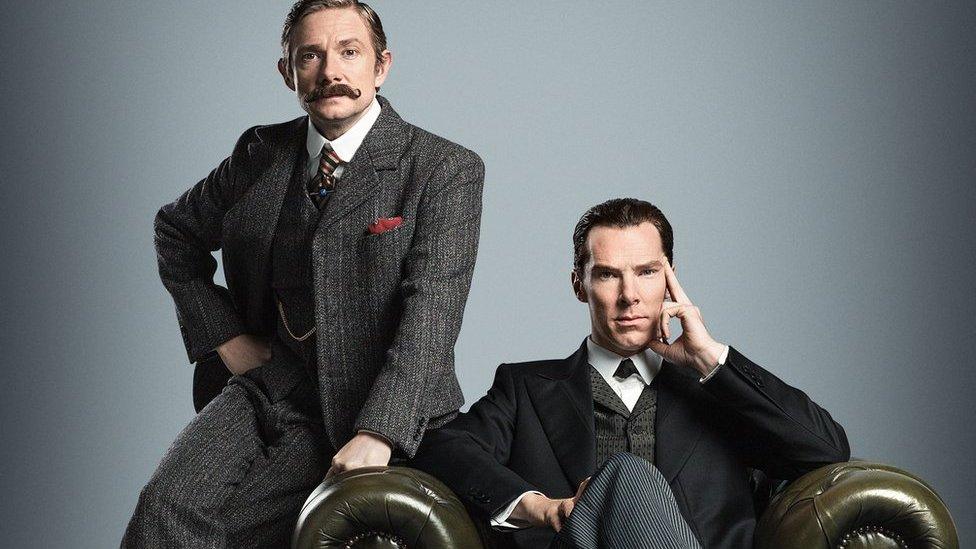Top Gear: How much do overnight TV ratings matter?
- Published
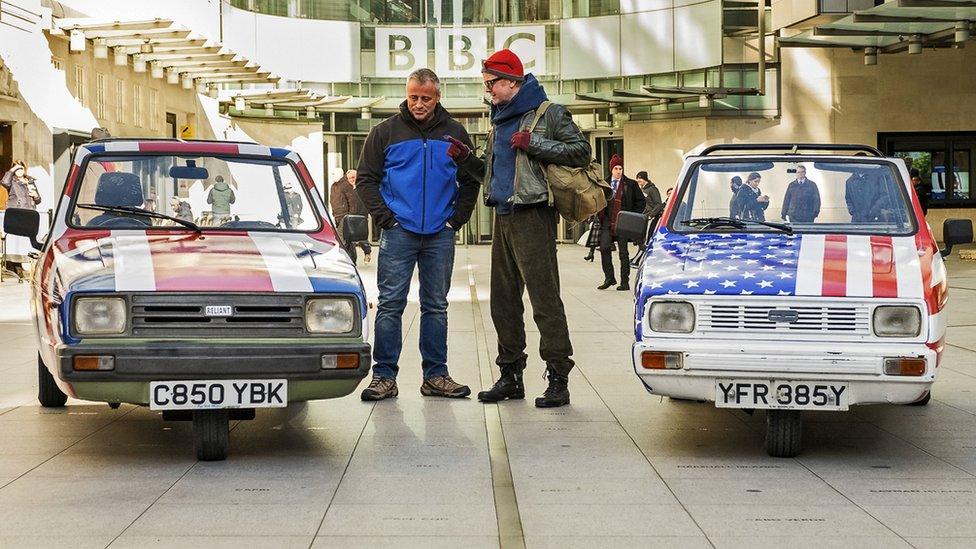
Matt LeBlanc and Chris Evans drove from London to Blackpool in the first episode of this series
Chris Evans has said newspaper reporting of TV ratings is stuck in the past, and that viewers watching on catch-up services should be counted. Is it time the media rethinks how much importance it places on overnight figures?
When the latest series of Top Gear finally launched after months of build-up, it was greeted with mixed reviews.
The first episode was watched by an average of 4.4 million viewers as it was being broadcast - lower even than new presenter Chris Evans himself had hoped.
Many newspapers and commentators were quick to suggest that the show hadn't lived up to its hype and fans had been turned off by the revamped presenting line-up.
But once viewers watched a recording of episode after broadcast were taken into account, the consolidated audience was much higher - 6.42 million.
Then there's the 900,000 viewers who watched the Monday evening repeat, and the 1.75 million iPlayer requests the episode had in its first week to consider.
Bearing all the different platforms in mind - it's fair to say that, overall, a significantly higher number of people watched the programme than had been initially reported.
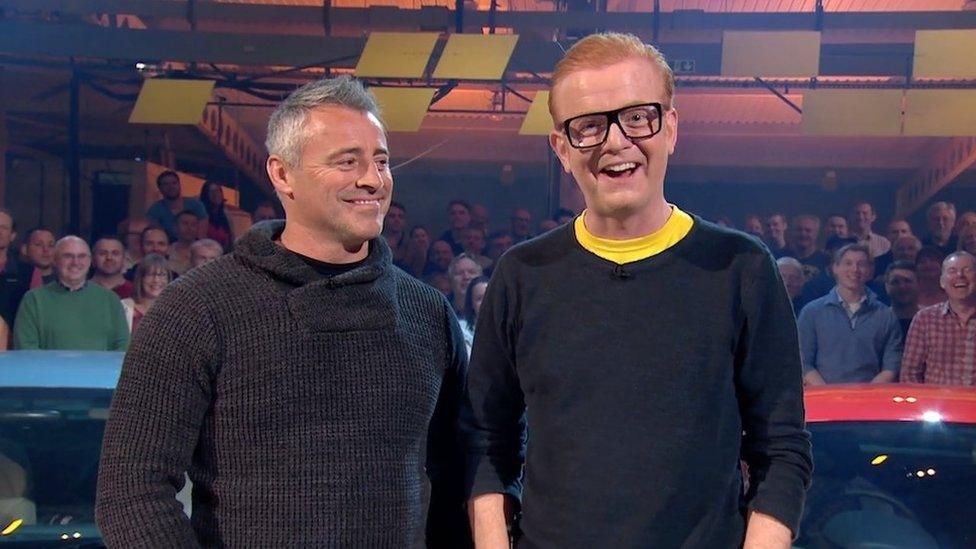
Matt LeBlanc and Chris Evans front the latest series with four new co-presenters
John Plunkett, The Guardian's broadcasting correspondent, says both live and catch-up figures are important.
"Overnight figures remain an important indicator of a show's likely popularity. Around four-fifths of viewing is still to live TV.
"But an increasing amount of viewing is on-demand, and can account for around a third of a show's total audience, like Top Gear. So both have to be borne in mind."
Of course, not all shows are necessarily as likely as Top Gear is to be watched after broadcast.
While the first episode of this series may have topped the iPlayer chart, programmes such as news bulletins and sports matches are rarely watched on catch-up.
Figures from ITV and Channel 4 confirm that while certain shows are considerably more popular when made available online, many programmes still attract the bulk of their audience live.
Channel 4 said The Grand National was a good example of a programme which was mostly watched live - while ITV said the same thing about Euro 2016 matches.
Rebecca Earnshaw, senior research executive for BBC Television, says: "Most viewing is still done live on linear TV [watching a programme live in its scheduled timeslot], but there are a lot of titles that see a large increase in their overall viewership after the programme has gone live.
"Titles which see large increases in viewing through iPlayer are often much more skewed towards younger audiences."
She cites documentaries, drama, comedy and entertainment programmes among the most popular on-demand shows, while quiz shows and live events are among those which viewers prefer to watch live.
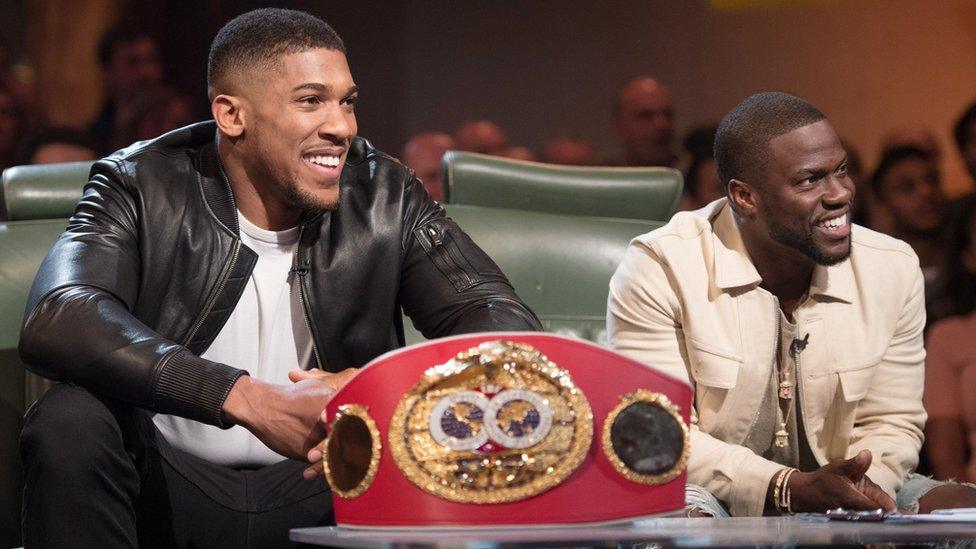
Anthony Joshua and Kevin Hart are among the guests who have appeared on the new Top Gear
But while talent shows are among the most viewed entertainment programmes on catch-up, their results shows are far more likely to be watched live.
"Strictly Come Dancing or The Voice have large audiences and see notable catch up," Earnshaw says.
"But Strictly Come Dancing: The Results or The Voice: The Results will not see a lot of catch up, as audiences can find the information elsewhere."
It's also interesting to note which shows have a negligible iPlayer audience.
Figures for other shows broadcast on the day of Top Gear's first episode show that current affairs programmes such as The Big Questions and The Andrew Marr Show both received less than 3% of their audience from iPlayer.
But, outside of genres like current affairs and sport, there's no doubt the tide is turning.
Subscription services are being boosted by the increasing amount of original content and the ability to watch it at the viewer's own pace.
The first big original success story for Netflix was House of Cards, starring Kevin Spacey.
In 2013, Spacey told the Edinburgh International Television Festival: "Netflix and other similar services have succeeded because they have married good content with a forward-thinking approach to viewing habits and appetites.
"The success of the Netflix model has proved one thing - the audience wants the control. They want freedom."
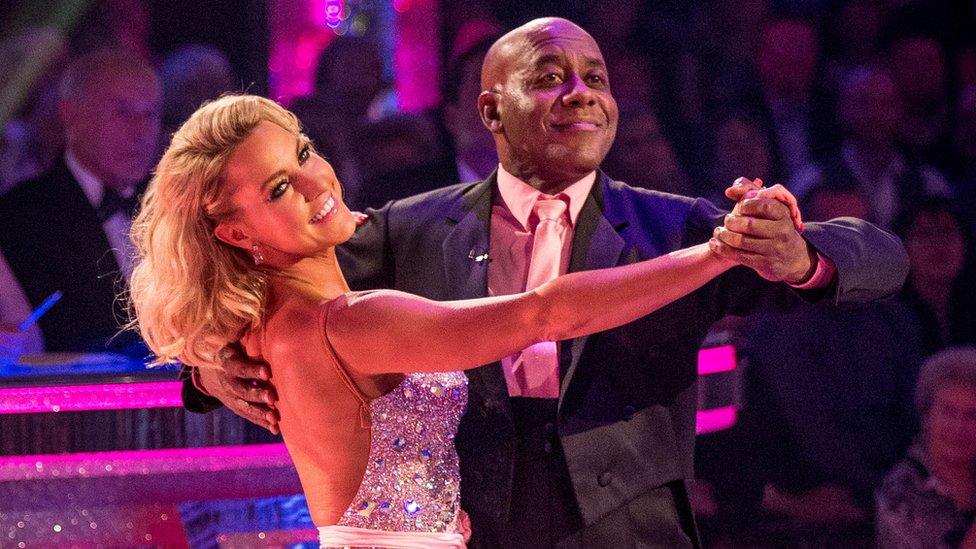
Strictly is popular on iPlayer - but viewers prefer to watch the results shows live
The on-demand figures for the first episode of the new Top Gear certainly appear to back this theory up, which suggests many of the show's viewers do indeed prefer to watch it in their own time.
Both ITV and Channel 4 also have multiple examples of shows that grew considerably after consolidation - which takes into account viewers who watched a show outside of its scheduled timeslot.
Downton Abbey's Christmas episode last year added 3.9 million to its viewing figures via catch-up, boosting it to become the most watched Christmas Day programme.
The episode was initially watched by an average of 6.6 million viewers live on the day, but it was beaten to the top slot for live viewing by the Queen's speech, broadcast on BBC and ITV, with a combined audience of 7.2 million.
But once the catch-up figures were added in, Downton took the top slot with a total of 10.5 million viewers. The Queen's Christmas Broadcast was knocked from the top of the ratings to number six.
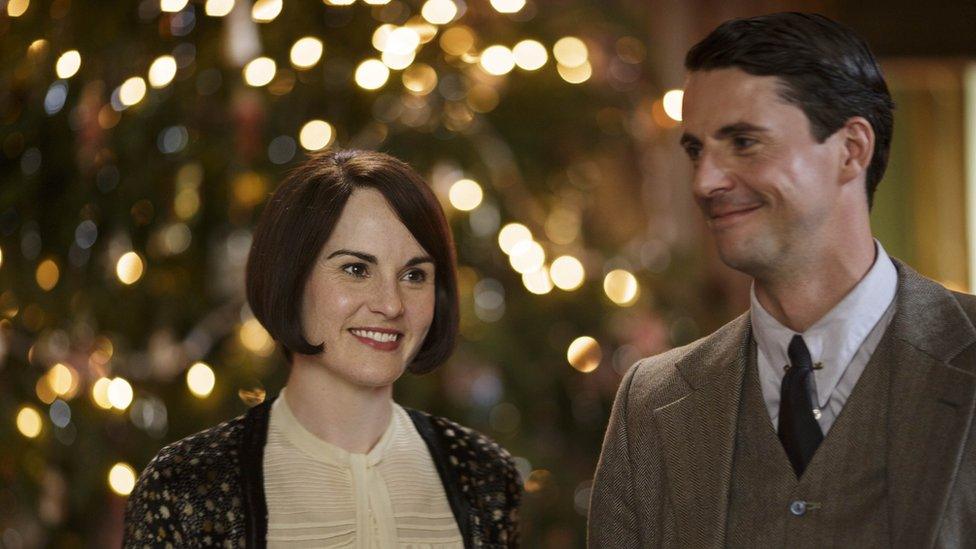
Catch-up figures helped make Downton Abbey the most watched show on Christmas Day
Rather than doing away with reporting overnight figures completely, Plunkett says it's likely newspapers will continue to report them - but possibly with a printed caveat stating they are of diminishing importance.
"The joy of the overnights is, of course, they are over night, so we get to talk about the show's ratings the day after it aired when everyone is still talking about it, rather than waiting a week," he says.
"Overnight figures will only become irrelevant if the linear TV schedule becomes a thing of the past, and despite Netflix's best intentions, that's not going to happen in the next 10 years at least."
- Published6 June 2016
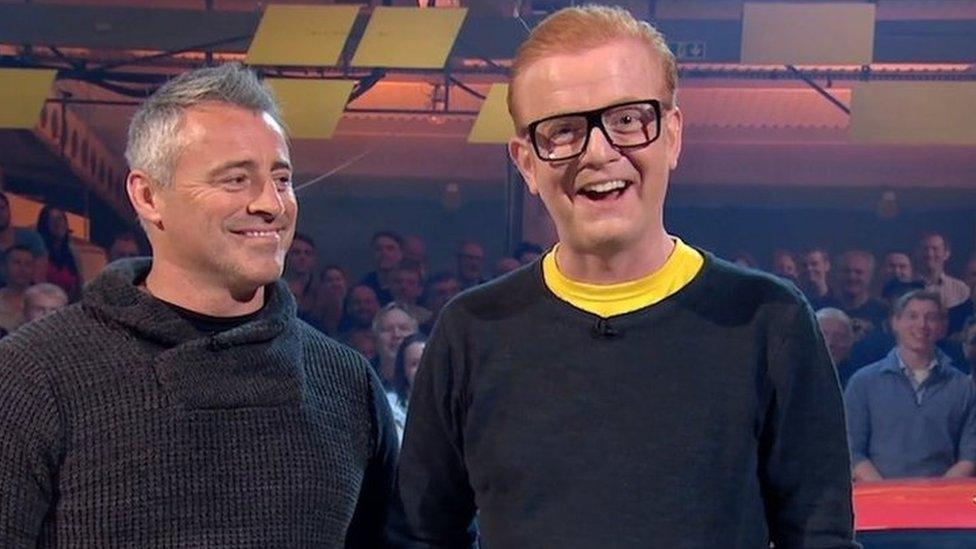
- Published30 May 2016
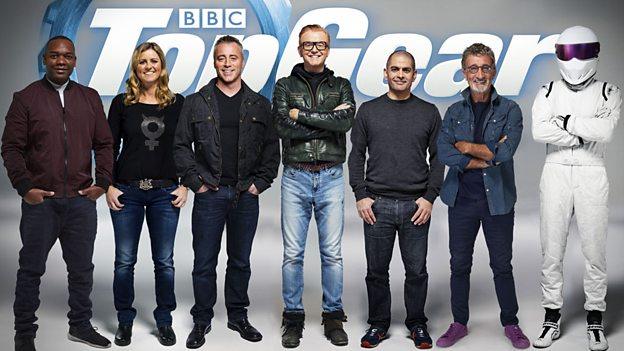
- Published4 January 2016
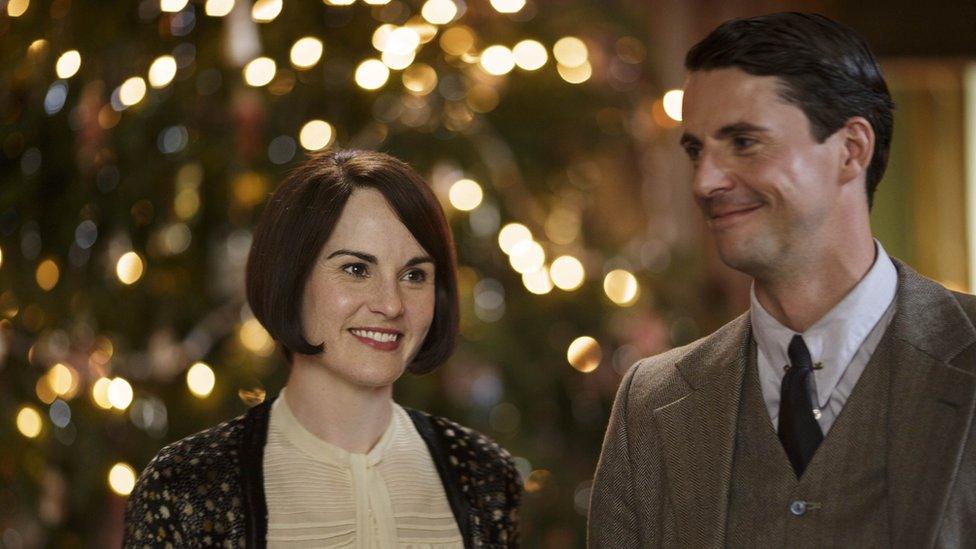
- Published22 July 2015
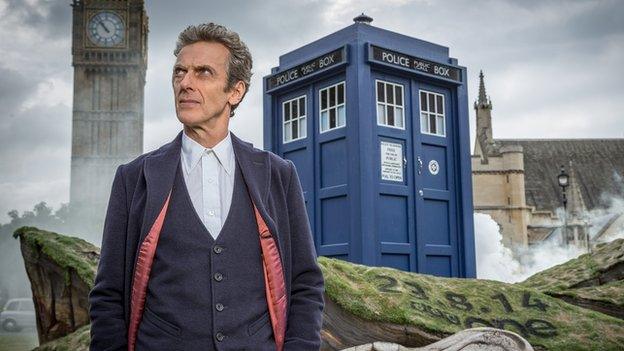
- Published11 April 2016
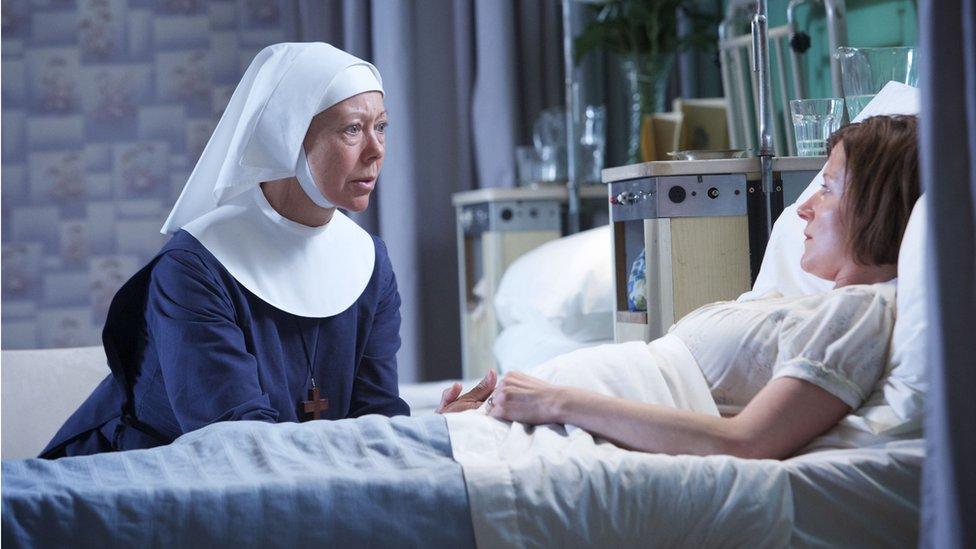
- Published10 April 2016

- Published2 January 2016
